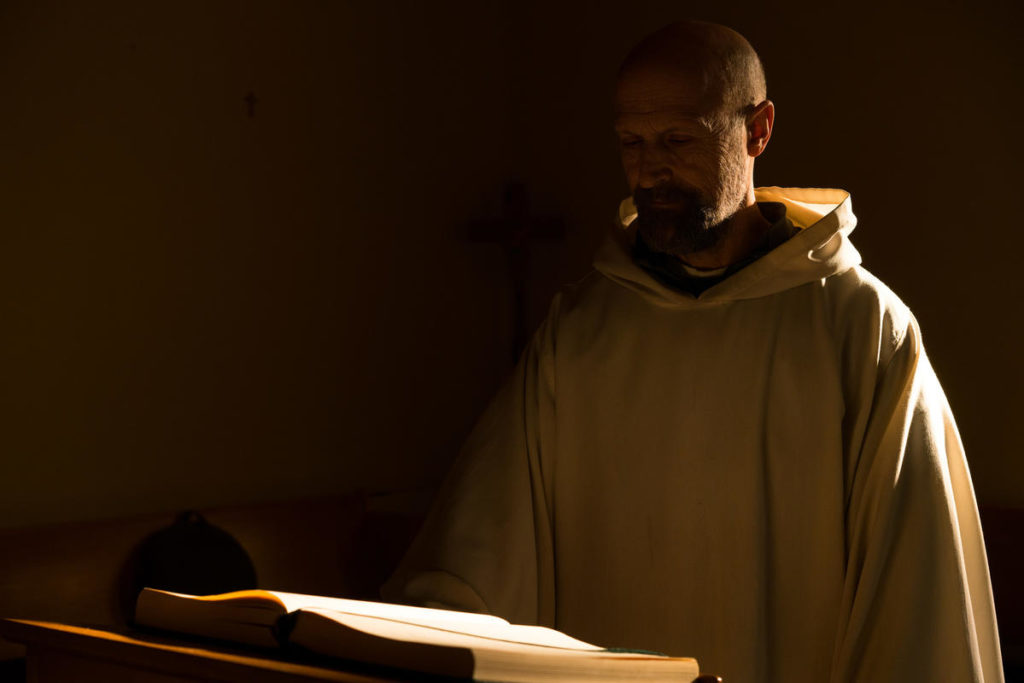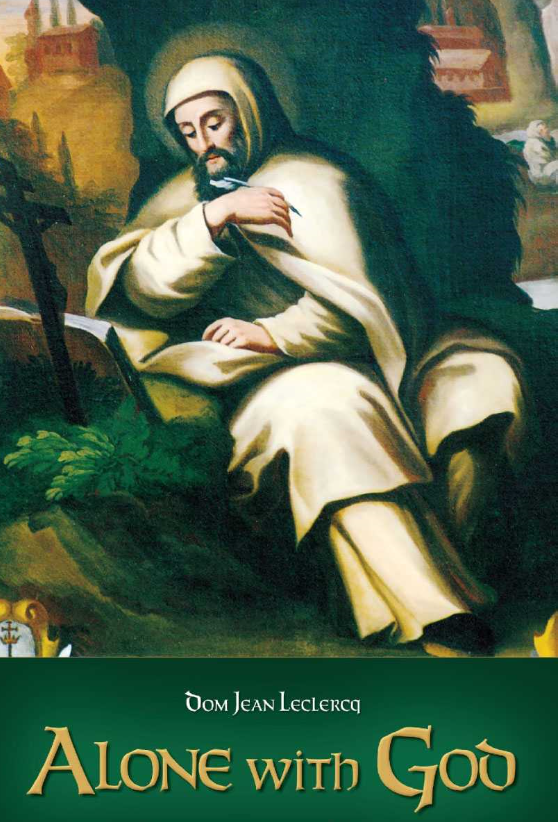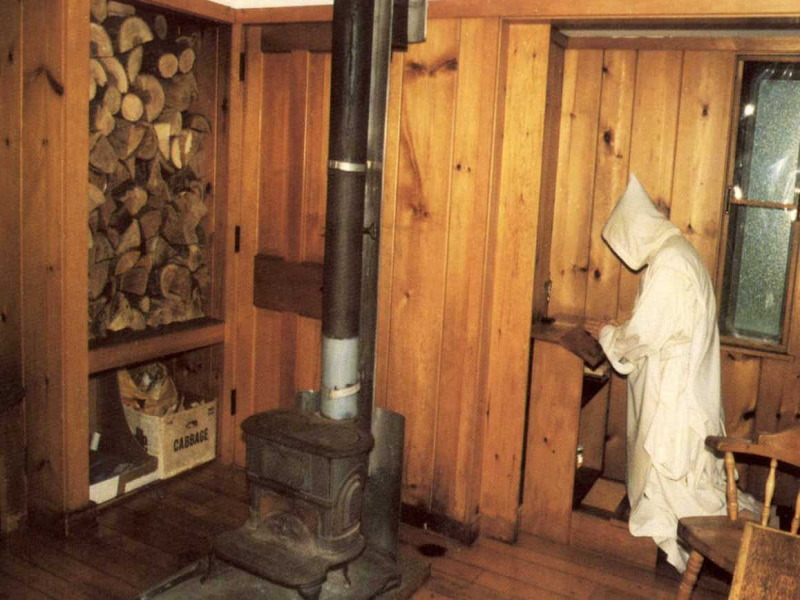Reading the pages of Giustiniani on annihilation, we are reminded of Saint John of the Cross, who describes the soul that is purified and ready for union with God in these terms: “In this detachment the spiritual soul finds its quiet and repose; for, since it covets nothing, nothing wearies it when it is lifted up, and nothing oppresses it when it is cast down, because it is in the center of its humility; but when it covets anything, at that very moment it becomes wearied.”
The whole purpose of the solitary life is to bring the soul into “the center of her humility” and to keep it there. The hermit does not pretend to have acquired any esoteric secret or any exalted technique by which he penetrates into the mystery of God. His only secret is the humility and poverty of Christ and the knowledge that God lifts up those who have fallen: Dominus erigit elisos. Without this humility, the contemplative can be a prey to “all the illusions.” For “the true servants of Christ love God with all their being, and do not love themselves at all. They keep themselves so perfectly under the guardianship of humility as to be known by God alone, but unknown to men.” —Blessed Paul Giustiniani





Recent Comments